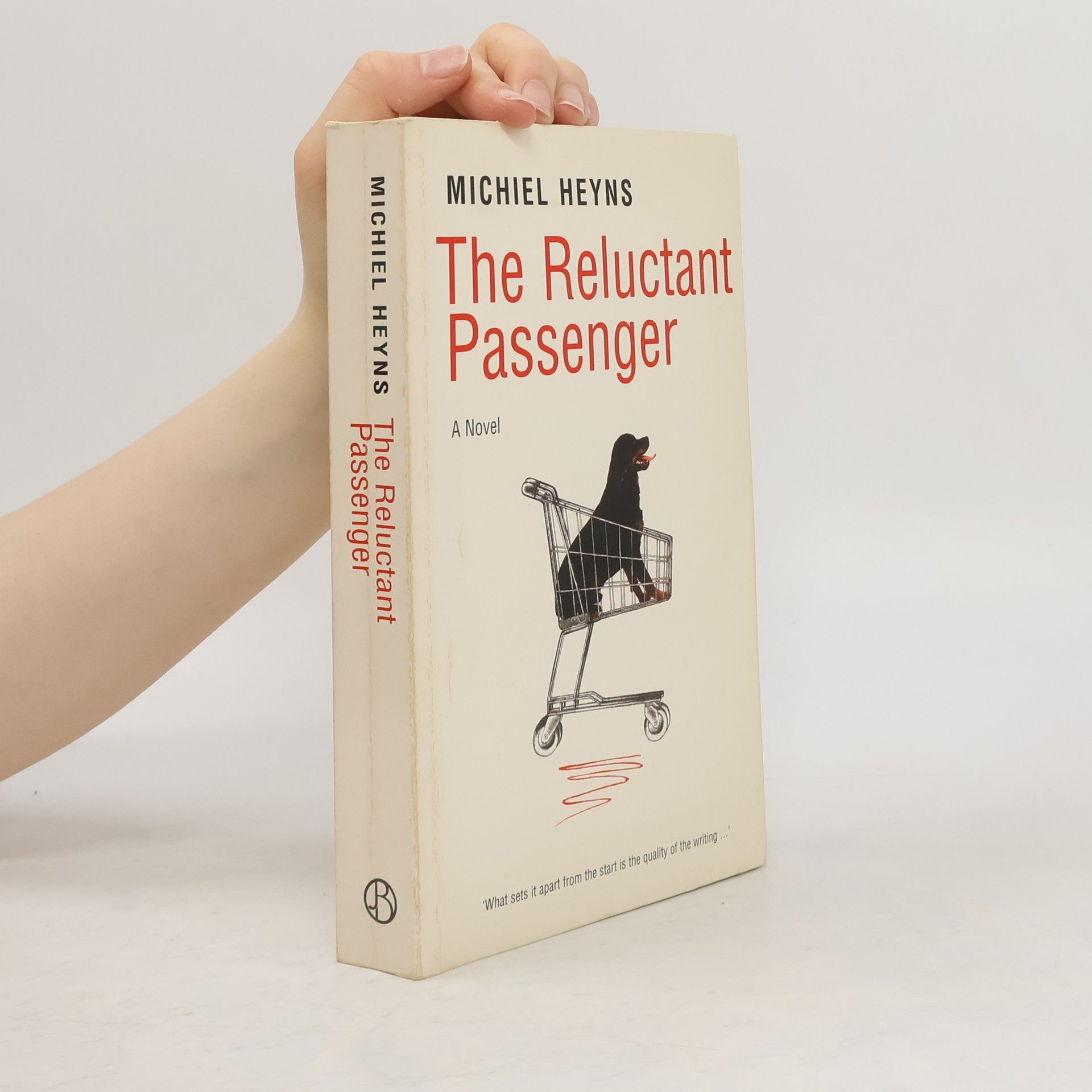The reluctant passenger
- 435 pages
- 16 hours of reading
Michiel Heyns crafts novels that delve into the complexities of human nature and societal dynamics, often infused with a subtle wit. His narrative voice explores intricate relationships and the interplay between characters and their environments, shifting fluidly between contemporary themes and historical settings. Heyns is lauded for his precise prose and literary sophistication, reflecting a deep understanding of literary tradition honed by his academic background. His work offers a keen critical perspective on social phenomena, making his storytelling both insightful and engaging.
